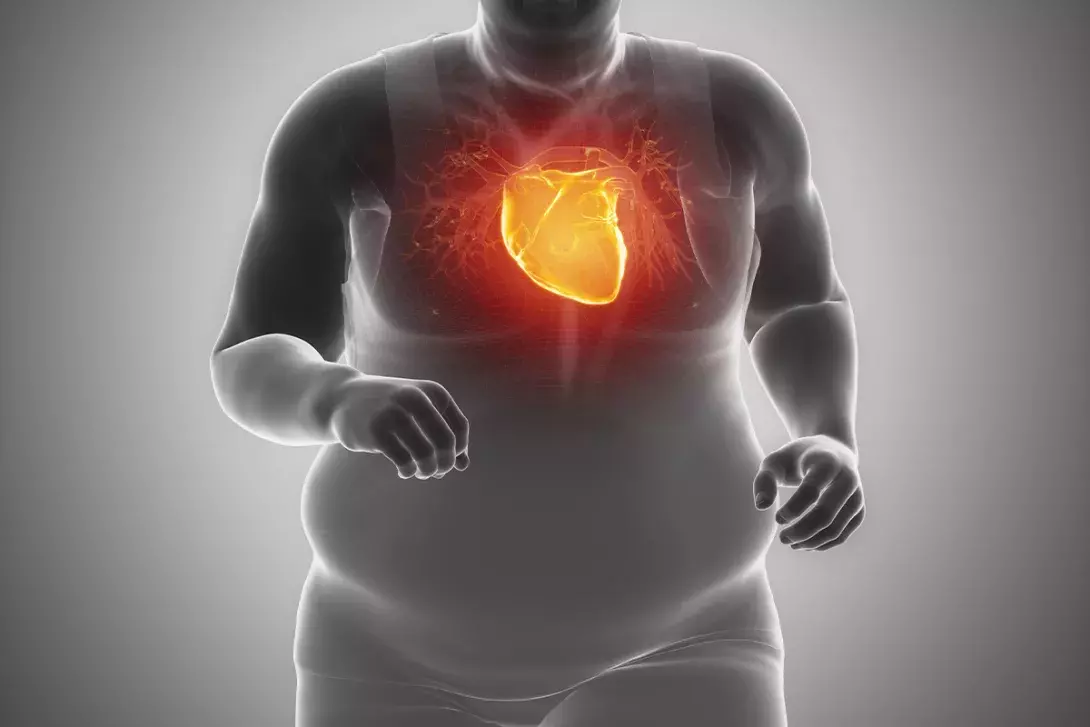Introduction Obesity is more than just carrying excess weight; it’s a complex health condition that significantly increases the risk of multiple serious diseases. Worldwide, obesity rates have surged, leading to a greater burden of chronic illnesses such as type 2 diabetes, cardiovascular disease, and certain cancers. Understanding these health risks helps emphasize the importance of the prevention and management of obesity for overall well-being. Obesity and Type 2 Diabetes Connection Health Implications Obesity and Heart Disease Mechanisms Additional Factors Obesity and Cancer Increased Risk of Several Cancers Impact on Treatment and Prognosis Other Health Risks Associated with Obesity Preventing and…
-
-
Introduction A cancer diagnosis impacts not only the physical body but also the emotional and psychological well-being of patients and their families. The journey through cancer treatment can be overwhelming, marked by fear, uncertainty, stress, and sometimes isolation. Emotional support is essential to help patients and loved ones cope, build resilience, and maintain quality of life. This article explores the importance of emotional support, common emotional challenges faced during cancer, and a variety of resources available to patients and families. Why Emotional Support Matters in Cancer Care Common Emotional Challenges in Cancer Types of Emotional Support 1. Professional Counseling and…
-
Introduction Cancer is a complex disease influenced by genetic, environmental, and lifestyle factors. While some risk factors, like age and genetics, cannot be changed, many lifestyle choices can significantly impact your risk of developing certain cancers. Adopting healthy habits empowers you to take control of your well-being and lower your cancer risk. This article explores key lifestyle factors that can reduce cancer risk, backed by scientific evidence, and offers practical tips to incorporate into daily life. Understanding Cancer Risk Cancer develops when cells grow uncontrollably due to genetic mutations. These mutations can be caused by: While genetic predisposition is unmodifiable,…
-
Introduction When a loved one is diagnosed with cancer, it’s challenging for the entire family—especially children. Children are sensitive and perceptive, and the way adults communicate about the diagnosis can significantly impact their emotional well-being. Open, honest, and age-appropriate conversations can help children feel safe, understand the situation, and cope better. This article provides guidance on how to talk to children about cancer, what to say, and how to support them through the process. Why Talking to Children About Cancer Matters When to Talk to Children How to Prepare for the Conversation What to Say: Age-Appropriate Communication For Young Children…
-
Introduction Facing a serious illness such as cancer, heart failure, or advanced lung disease can be overwhelming—not just physically but emotionally and psychologically. Supportive care services like palliative care and hospice are designed to improve the quality of life for patients and families coping with serious health challenges. Although often confused, palliative care and hospice serve distinct roles and apply at different stages of illness. This article explores the differences and similarities between palliative care and hospice, when each is appropriate, and how they help patients and caregivers throughout the healthcare journey. What is Palliative Care? Palliative care is specialized…
-
Introduction Advances in genetics have revolutionized the understanding and management of cancer risk. Genetic testing can identify inherited mutations that increase the likelihood of developing certain types of cancer. This knowledge empowers individuals to take preventive measures, undergo tailored screening, and make informed decisions about their health. This article explains what genetic testing for cancer risk entails, who should consider it, the benefits and limitations, and how to prepare for and interpret test results. What is Genetic Testing for Cancer Risk? Genetic testing involves analyzing DNA to detect inherited mutations in specific genes that increase cancer susceptibility. These mutations can…
-
Introduction Completing cancer treatment marks a significant milestone, but it also ushers in a new phase known as cancer survivorship. Survivors often face unique physical, emotional, and social challenges as they transition from active treatment to post-treatment life. Understanding these challenges and adopting strategies to maintain health and well-being is essential for a fulfilling life after cancer. This article explores the concept of cancer survivorship, common physical and emotional issues faced by survivors, and practical approaches to promote long-term health. What is Cancer Survivorship? Cancer survivorship begins at diagnosis and continues through the remainder of a person’s life. It encompasses:…
-
Introduction Cancer treatment, including chemotherapy, radiation, and surgery, can cause various side effects that make eating challenging. Loss of appetite, nausea, taste changes, mouth sores, and fatigue often affect a patient’s ability to consume and enjoy food. Yet, good nutrition is essential to maintain strength, support the immune system, tolerate treatments better, and improve recovery. This article explores the challenges of eating during cancer treatment, practical nutritional strategies, and tips for managing common eating difficulties to help patients nourish their bodies effectively even when it’s hard. Why Nutrition Matters During Cancer Treatment Common Nutrition Challenges in Cancer Treatment 1. Loss…
-
Introduction Chemotherapy is a powerful cancer treatment that uses drugs to destroy cancer cells. While effective, it often comes with side effects due to its impact on both cancerous and healthy cells. Among the most common and challenging side effects are nausea, fatigue, and hair loss. Managing these symptoms is essential to maintain quality of life, ensure treatment adherence, and support overall well-being. This article explores why these side effects occur, strategies for managing them, and tips for patients undergoing chemotherapy. Why Do Chemotherapy Side Effects Occur? Chemotherapy drugs target rapidly dividing cells, which include cancer cells but also affect…
-
Introduction Cancer treatment has evolved tremendously over the years, offering various options tailored to the type, stage, and characteristics of the cancer, as well as the patient’s overall health. The primary treatment modalities include surgery, chemotherapy, radiation therapy, and the more recent addition of immunotherapy. Each treatment has unique mechanisms, benefits, potential side effects, and roles in cancer care. This article provides an in-depth overview of these common cancer treatments, how they work, when they are used, and considerations for patients. 1. Surgery What is Cancer Surgery? Surgery involves the physical removal of cancerous tissue from the body. It is…










